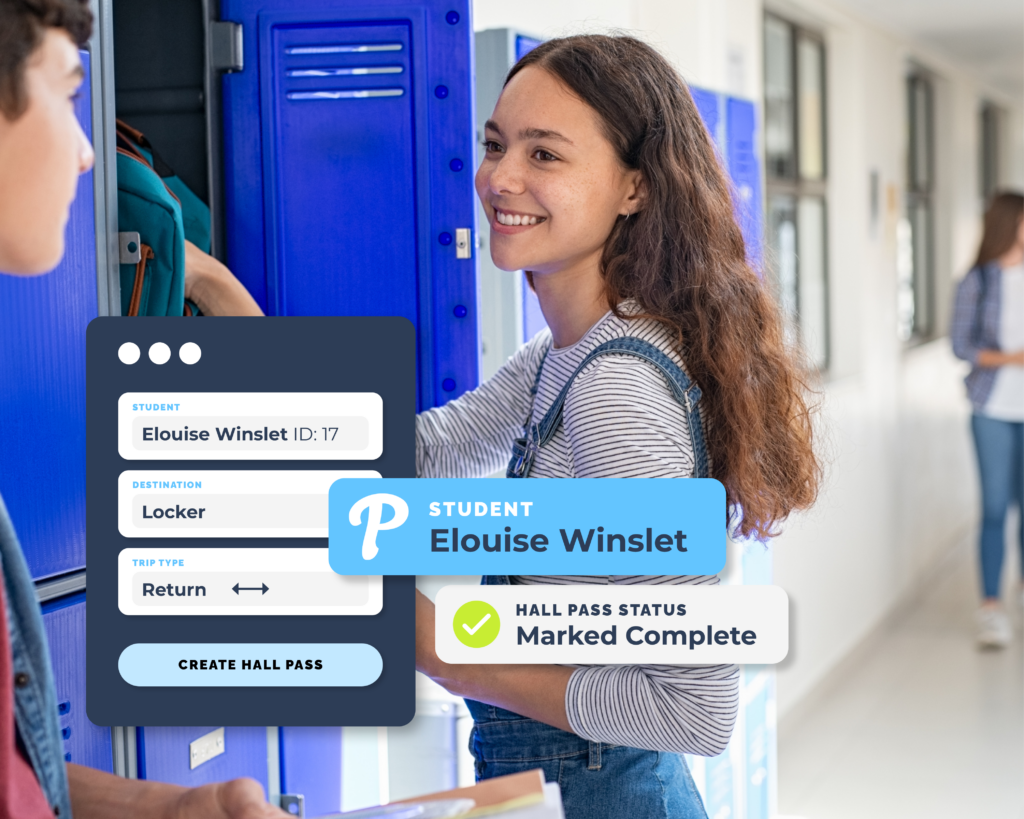Written by: Shelley Spalding
Every parent, teacher, and principal is concerned for the well-being of their kids’ health this school year. Across the United States – and especially since the Covid-19 pandemic –we have seen depression, anxiety, insomnia, and other mental health concerns increasing in school-age kids.
Even before the Covid-19 pandemic, 13 to 22 percent of school-aged kids experienced a mental health challenge–with 80 percent of those kids’ symptoms going untreated.

Naturally, these numbers only increased with the pandemic. For example, emergency department visits related to mental health increased by 24 percent for 5 to 11-year-olds and 31 percent for 12 to 17-year-olds.
Fortunately, there are some ways we can help lower these numbers–and the number one way is by talking about it. Here are some tips on how to approach mental health with your kids as a teacher, parent, or principal.
Make community mental health a normal topic of conversation.
Sometimes we can see mental health as a difficult thing to talk about with anyone–especially kids. However, by incorporating it into our daily conversations and letting kids know it’s okay to discuss these issues, they can feel more comfortable talking about it themselves. And making it a community inititive can vastly improve the results.
No need to make a big PowerPoint about depression or a long lecture on the couch, but maybe just slipping it into a small activity or casually at the dinner table would show your kids that it’s something normal to talk about and not “a big thing”.
For example, you can model this to them by sharing your difficult feelings of the day and how you worked through them or asked for help. In the classroom setting, you might incorporate Social Emotional Lessons (SEL) as a part of your morning routine, including breathwork, collaborative activities, and team building.

Ask if you think something is wrong.
While talking about the issue from time to time is important for normalizing mental health issues, asking your kid directly can be powerful. If you see differences in behavior that may signal depression, anxiety, or ADHD and they aren’t talking to you about it, they may be wanting someone to ask what’s wrong. This can be just asking in a quiet one-on-one setting if they’re feeling okay lately or how you can help.
For asynchronous learners, you might send out an online survey. Naturally, some kids will brush it off even if they’re not feeling well, but the same number will let you know when something is bothering them. If you don’t think your child will respond well to this, talk with the school counselor or school psychologist to voice your concerns.
Educate yourself.
Even if you’re an experienced school counselor or a parent who is looking for more information about community mental health, we can always be learning more about mental health and what it looks like. Here are some resources for you to get started:
- MentalHealth.gov has plenty of resources and articles for finding help, learning more about mental illnesses, and how to specifically help school-age kids.
- The Child Mind Institute has a great list of children’s books about mental health that can help kids to identify what they’re struggling with and discuss.
- Psychology Today is a great resource if you’re looking to know more about mental health and especially if you’re looking for a therapist for you or a kid. They have the Find a Therapist tool, which connects you to therapists in the area who specialize in areas such as children’s therapy, trauma, etc.



